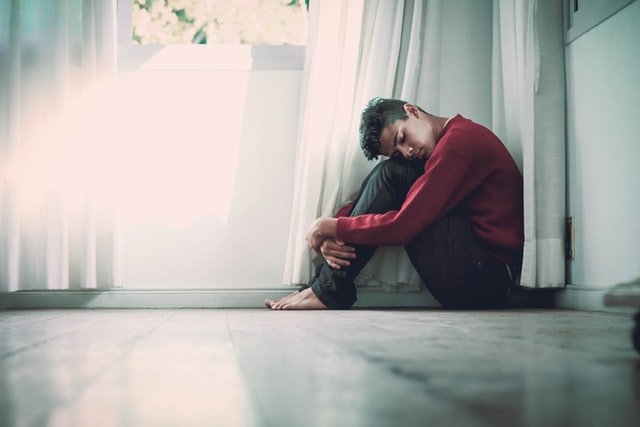
Photo by CC/Unsplash: Nearly half of adults and over half of teenagers in the US report suffering from poor mental health following the pandemic.
Pandemic produces negative mental health effects
Ever since the pandemic hit the US and forced many states into lockdown, countless people reported a decline in mental health. Common factors include social isolation, financial issues, fear over one’s health, and intensified mental illnesses.
A recent study conducted by Mission Harbor Behavioral Health shows seven in 10 teens struggle with mental health during the pandemic. Over 50% struggled with anxiety, 43% struggled with depression, and 45% felt more stressed than usual.
Adjustments, including quarantine, can trigger pre-existing mental illnesses. Going out in public for essential trips often heightens hypervigilance, a symptom of increased sensitivity and alertness most common in post-traumatic stress disorder. This adds to the stress of financial issues and distress over one’s health due to the pandemic.
In a poll by the Kaiser Family Foundation, 36% of people sheltered at home reported difficulty sleeping, 32% had difficulty eating, 12% had worsening chronic conditions, and 12% reported increased substance use. While many of these are linked to underlying mental health conditions, the pandemic has intensified them. However, quarantine can have a negative effect on anyone, even those who were mentally healthy prior to COVID-19. Social isolation can leave people feeling drained and lonely, thus heightening their risk for developing depression and anxiety.
Additionally, quarantine has led to a drastic rise in domestic violence. Researchers at Brigham and Women’s Hospital in Boston reported an 80% rise in physical abuse compared to previous years. There is also a likelihood of increased abuse rates of children and teenagers at the hands of caregivers when stuck in their households. However, now that classes are virtual, it is difficult for abuse and neglect to be detected since they were often reported by adults at school.
If you or someone you know are struggling with a suspected mental illness, please seek professional help. In case you or someone you suspect are in a domestic abuse situation or need immediate attention, call 911. Please reach out to school counselors or school psychologists if you are struggling with your mental health. Resources are listed below.
Resources:
SAMHSA National Treatment Referral Helpline
https://www.samhsa.gov/find-help/national-helpline
1-800-662-HELP (4357)
Crisis Text Line
https://www.crisistextline.org/
Text HOME to 741741
National Suicide Prevention Lifeline
1-800-273-8255
National Domestic Violence Hotline
1-800-799-7233
Text LOVEIS to 1-866-331-9474